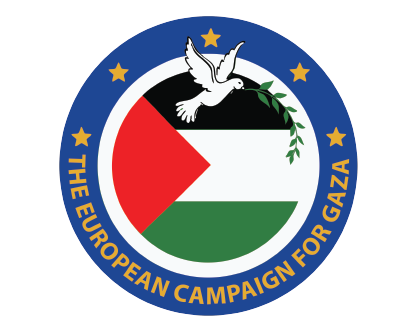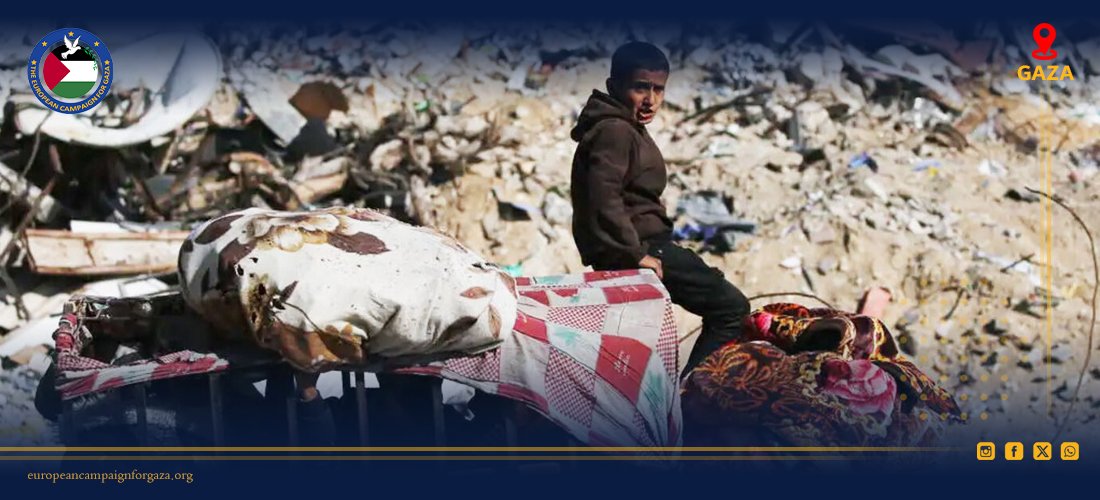


Statement by the Heads of the United Nations Office for the Coordination of Humanitarian Affairs (OCHA), UNICEF, UNOPS, UNRWA, WFP, WHO, and IOM
For over a month, no commercial or humanitarian supplies have entered Gaza, leaving more than 2.1 million people suffering from blockade, bombardment, and hunger once again.
While essential aid, including food, medicine, fuel, and shelter supplies, is piling up at crossing points, vital equipment remains stranded.
Following the end of the ceasefire, more than 1,000 children were reported killed or injured in just one week, the highest number of children killed in any week in Gaza over the past year.
Just a few days ago, the 25 bakeries supported by the World Food Programme during the ceasefire were forced to close due to shortages of flour and cooking gas.
The already dilapidated health system is also under immense strain. Essential medical supplies and trauma kits are rapidly running out, threatening to undo the hard-won progress made in keeping the health system running.
The recent ceasefire has allowed us to achieve in 60 days what bombing, obstruction, and looting prevented us from achieving during 470 days of war: life-saving supplies reaching virtually every part of Gaza.
While this has provided a brief respite, claims that there is now enough food to feed all Palestinians in Gaza are far from the reality. Essential goods are running dangerously low, and the situation continues to deteriorate.
We are witnessing acts of war in Gaza that reflect a blatant disregard for human life. New Israeli displacement orders have forced hundreds of thousands of Palestinians to flee once again with nowhere safe to go.
No one is safe. Since October 2023, at least 408 humanitarian workers have been killed, including more than 280 UNRWA staff.
As the Israeli blockade of Gaza continues for the second month, we call on world leaders to act decisively, urgently, and resolutely to ensure respect for the fundamental principles of international humanitarian law.
Civilians must be protected, aid access facilitated, hostages released, and a ceasefire renewed.
Tom Fletcher, Under-Secretary-General for Humanitarian Affairs and Emergency Relief Coordinator
Catherine Russell, Executive Director of UNICEF
Jorge Moreira da Silva, Executive Director of the United Nations Office for Project Services
Philippe Lazzarini, Commissioner-General of UNRWA
Cindy McCain, Executive Director of the World Food Programme
Dr. Tedros Adhanom Ghebreyesus, Director-General of the World Health Organization
Amy Pope, Director-General of the International Organization for Migration